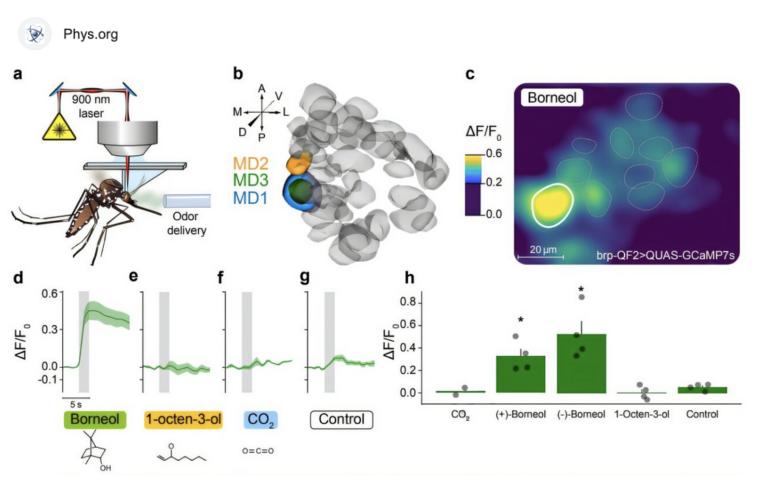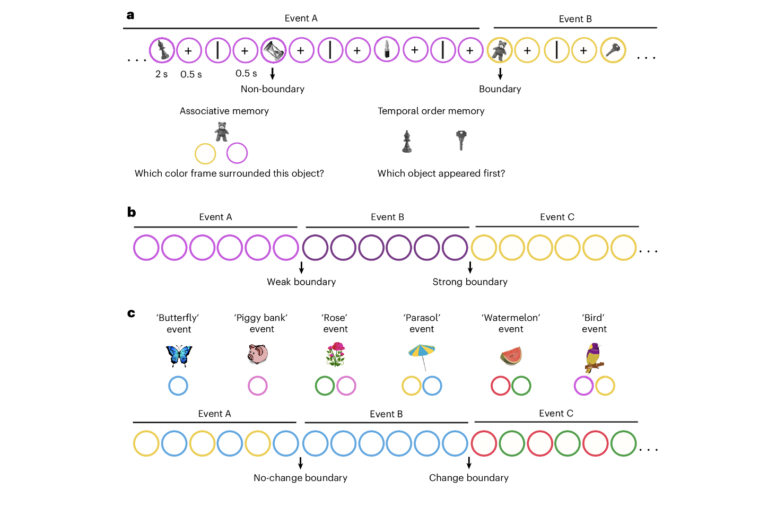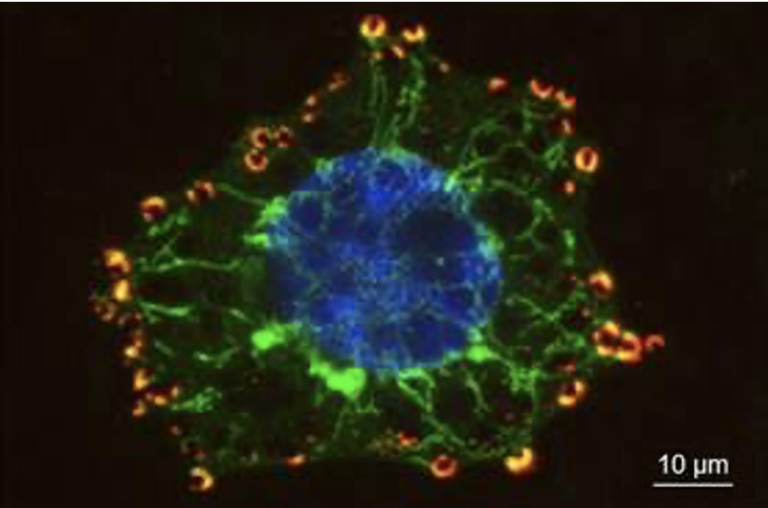Israël-Canada : l’UHJ et BioLineRx développent un anticorps révolutionnaire contre le diabète de Type I

[:fr]Le diabète de type 1 se déclare en général chez les enfants et les adolescents. Il affecte plus de 30 millions de personnes dans le monde. Résultant d’une réaction auto-immune qui détruit les cellules bêta du pancréas qui produisent l’insuline, la maladie conduit à des niveaux anormalement élevés de sucre dans le sang et l’urine, entraînant des taux élevés de morbidité et de mortalité. Le traitement actuel du diabète de Type 1 est l’injection d’insuline tout au long de la vie.
Le Pr Ofer Mandelboim de l’Université Hébraïque de Jérusalem (UHJ) a identifié le rôle important joué par un récepteur de protéine appelé NKp46 dans le développement du diabète de type 1. Avec son équipe, il a constaté que le récepteur NKp46 joue un rôle essentiel dans le développement de la maladie chez les souris. Ce récepteur reconnaît les cellules bêta du pancréas, conduisant à leur destruction.
L’étude a également montré que l’inhibition du récepteur NKp46 a presque totalement empêché le développement du diabète. Appliqué à des humains, il pourrait retarder sensiblement, et potentiellement prévenir, l’administration d’insuline et minimiser les complications liées au diabète. Cette recherche révolutionnaire s’appuie sur l’anticorps BL-9020 créé par le Pr Mandelboim et développé par BioLineRx, un anticorps monoclonal qui cible le récepteur NKp46 des cellules NK. Chez l’homme, BL-9020 pourrait être administré à des patients à un stade précoce, lorsque les cellules bêta du pancréas n’ont pas été complètement détruites et continuent de sécréter de l’insuline.
Ces travaux ont permis au Pr Mandelboim de remporter le prestigieux Prix Kaye 2015 de l’Innovation. Le Pr Ofer Mandelboim est chercheur au Centre Lautenberg de recherche sur l’immunologie et le cancer de l’IMRIC (Institut de recherche médicale Israël-Canada), à la faculté de médecine de l’UHJ.
L’IMRIC rassemble des scientifiques brillants en Israël et au Canada pour résoudre de graves problèmes de santé dans le monde par une approche multidisciplinaire de la recherche biomédicale. L’Université hébraïque de Jérusalem produit un tiers de la recherche civile en Israël.
Yissum, société de transfert technologies de l’UHJ a signé un accord de licence exclusif avec BioLineRx et des partenaires pour développer et commercialiser BL-9020. BioLineRx, plus grande société de développement biopharmaceutique, identifie et développe des médicaments candidats prometteurs en partenariat avec les instituts de recherche et l’industrie pharmaceutique en Israël. Elle a été fondée en 2003 par Teva Giza, Pitango et Hadasit (hôpital Hadassah).
En janvier 2014, BioLineRx a conclu un accord avec JHL Biotech pour développer et commercialiser BL-9020 en Chine et en Asie du sud. Le marché du diabète de type 1 était estimé à plus de 3,5 milliards de dollars en 2012.
https://www.youtube.com/watch?v=zlnfk_xdFUI#t=314[:en]Type 1 diabetes, which usually appears in children and adolescents, affects over 30 million people worldwide. Resulting from an auto-immune reaction that destroys the pancreatic beta cells that produce insulin, the disease leads to pathologically high levels of sugar in the blood and urine, resulting in high rates of morbidity and mortality. The current treatment for Type 1 diabetes is lifetime administration of insulin by injection.
Working at the Hebrew University of Jerusalem, Prof. Ofer Mandelboim identified an important role played by a protein receptor called NKp46 in the development of Type 1 diabetes. Mandelboim is a professor and researcher at the Lautenberg Center for Immunology and Cancer Research at IMRIC — the Institute for Medical Research Israel-Canada, in the Hebrew University’s Faculty of Medicine.
Prof. Mandelboim and his research collaborators found that the NKp46 receptor present on Natural Killer or NK cells (an essential part of the immune system) play a critical role in the development of the disease in mice. This happens because the NKp46 receptor recognizes pancreatic beta cells, leading to their destruction.
The research also showed that inhibiting the NKp46 receptor almost entirely prevented the development of diabetes. If replicated in humans, this effect could significantly delay, and potentially prevent, the need for chronic insulin use by Type 1 diabetes patients, and help minimize diabetes-related complications.
This groundbreaking research is the basis for BioLineRx’s BL-9020, a monoclonal antibody that targets the Natural Killer receptor NKp46.
Yissum, the technology transfer company of the Hebrew University, together with partners, signed an exclusive license agreement with BioLineRx to develop and commercialize BL-9020 for the treatment of Type 1 diabetes. BioLineRx is a clinical-stage biopharmaceutical company dedicated to identifying, in-licensing and developing promising therapeutic candidates.
In January 2014, BioLineRx entered into a collaboration agreement with JHL Biotech for the further development and commercialization of BL-9020 in China and additional Southeast Asia countries. The Type 1 diabetes market was estimated at over $3.5 billion in 2012.
Studies in mouse models suggest that BL-9020 can inhibit beta cell death in the pancreas, thus preventing full maturation of Type 1 diabetes. In humans it could potentially treat Type 1 diabetes in early stage patients, during what is known as the « honeymoon period, » when the pancreatic beta cells have not been completely destroyed and continue to secrete insulin.
The research that formed the basis for developing BL-9020 has earned Prof. Mandelboim the prestigious 2015 Kaye Innovation Award.
The Kaye Innovation Awards have been given annually since 1994. Isaac Kaye from the United Kingdom, a prominent industrialist in the pharmaceutical industry, established the awards to encourage faculty, staff and students of the Hebrew University to develop innovative methods and inventions with good commercial potential which will benefit the university and society.
The Hebrew University’s Institute for Medical Research-Israel Canada (IMRIC), in the Faculty of Medicine, brings together Israel and Canada’s most brilliant scientific minds to find solutions to the world’s most serious medical problems through a multidisciplinary approach to biomedical research.







